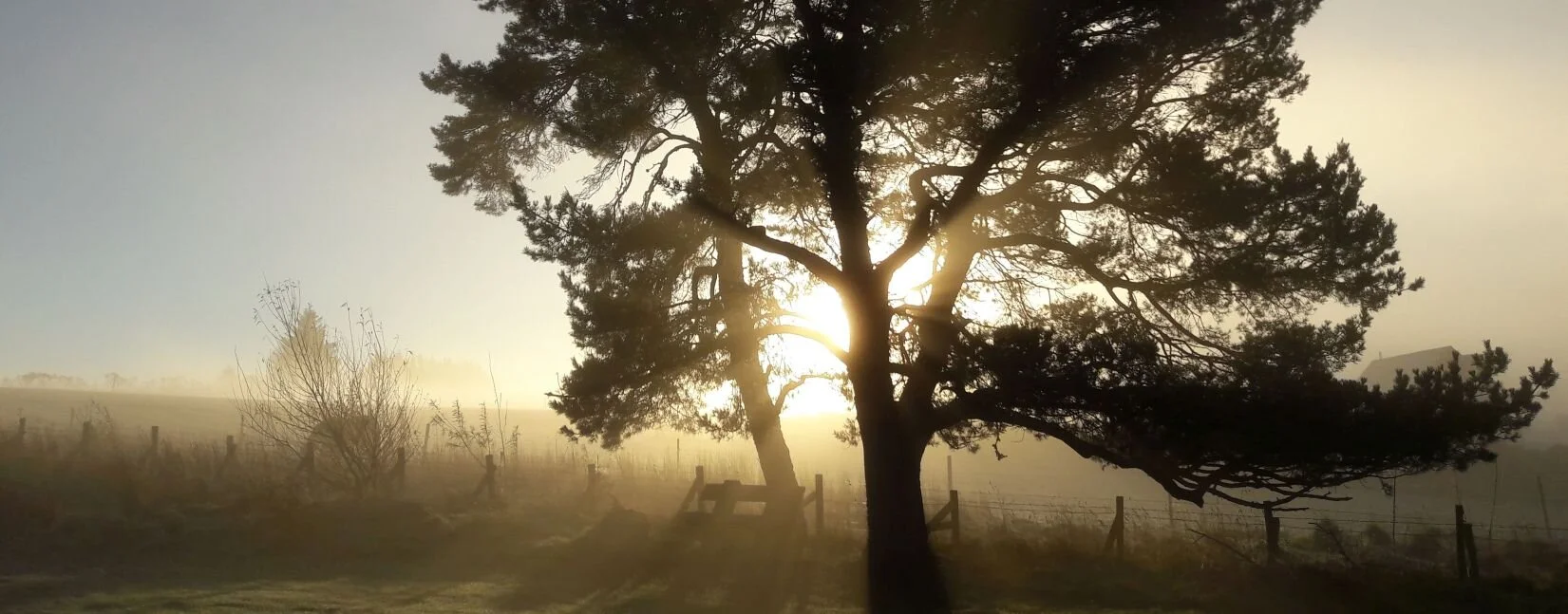I’ve been working on a short story which is now up on my website (for free).
It’s a satisfying process, mainly because of its brevity. You create this small thing that is, hopefully, entire unto itself, like a clockwork mechanism, each part fitting neatly with the others to create something that is pleasing in its modest scale.
Of course, it’s not necessarily an easy thing, and there are plenty of masters of the craft to both show us how it’s done and to set the bar. While I was working on The Witch of Venn I kept thinking about Arthur Conan Doyle, and how the best of his Sherlock Holmes stories fit that model of the perfectly-formed vignette, the old pocket watch, oiled and beautifully crafted to fulfill its function. This is partly to do with the satisfaction of watching Holmes do his thing, trusting that a solution is on its way, delivered we hope with his customary verve and wit. Yet solving the puzzle is merely the clock bells chiming their pleasing tune – the pay off when the hands have completed their revolution. What really matters, and what is so challenging for the author/ clockmaker, is putting the pieces together. The delight of pleasing chimes is seriously undermined if the watch doesn’t also keep time, ideally with a reassuring tick and movement of the hands. The story needs to sweep around, combining the cogs of character with the gears of plot.
I have no idea if The Witch of Venn succeeds on the terms of this tortuous simile. My process is to build the plot outline in my head as well as roughly sketching the characters, then to start writing and hope that the scenario is robust enough and the characters rounded enough that the piece will emerge. In this sense, of course, it is nothing like watch-making. It’s more akin to drawing, where you begin with the rough sketch and, layer by layer, refine it until you get something close to what you thought you wanted in the first place. But, still, your working and refining should not be visible in the finished product. All that refinement should be unseen. The decisions the characters make, the twists and turns of the plot, should generate the feeling, once the reader is done, that they could not have been any other way. Like at the end of a Sherlock Holmes mystery when we say, ‘How come I never saw what was staring me in the face all along?’ while also saying, ‘I wouldn’t want it any other way.’
Ultimately, what I guess I’m trying to say is that I want my short stories to be pleasing in their wholeness. I want you, dear reader, to be satisfied but maybe not too satisfied. Perhaps the best metaphor is actually the old 45 single. The short story should be like that 3’30” of pop perfection – splendid in its own right, yet somehow not quite enough. We should want more.
There are other stories on the way, so let’s see how they work out.
PS. I also need to work on my proofing skills. Apologies for the typos. I'll upload a clean copy soon.
